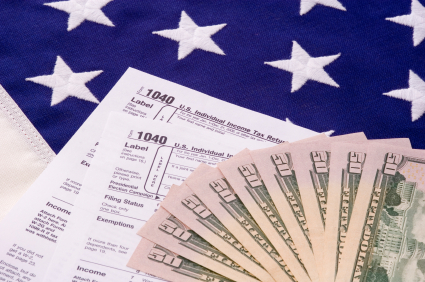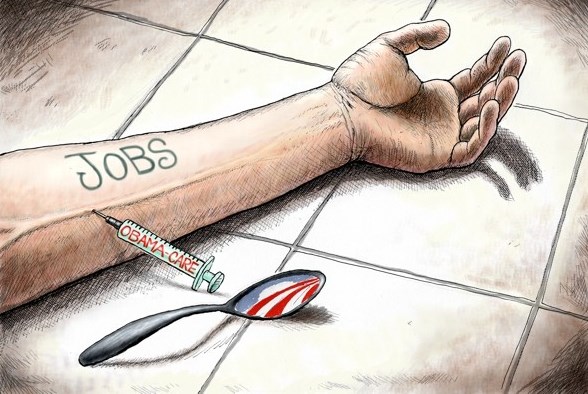ObamaCare Health Insurance Fee Will Increase Family Premium $240 in 2014
Robert Book of the American Action Forum has a new analysis of ObamaCare’s annual fee on health insurance:
- The amount of the “annual fee” tax on health insurers is $8 billion for 2014, $11.3 billion in 2015 and 2016, $13.9 billion in 2017, and $14.3 billion in 2018. Amounts for years after 2018 are set by a statutory formula.
- The tax will result in a premium increase of $60 to $160 per person in 2014, rising to $100-$300 by 2018, for the average insured individual — and over $260 per family in 2014, rising to over $450 in 2018, for families with employer-sponsored, fully-insured coverage.
- The tax applies to individually purchased insurance (through exchanges or otherwise), fully insured employer-sponsored plans, Medicare Advantage, and Medicaid managed care.








